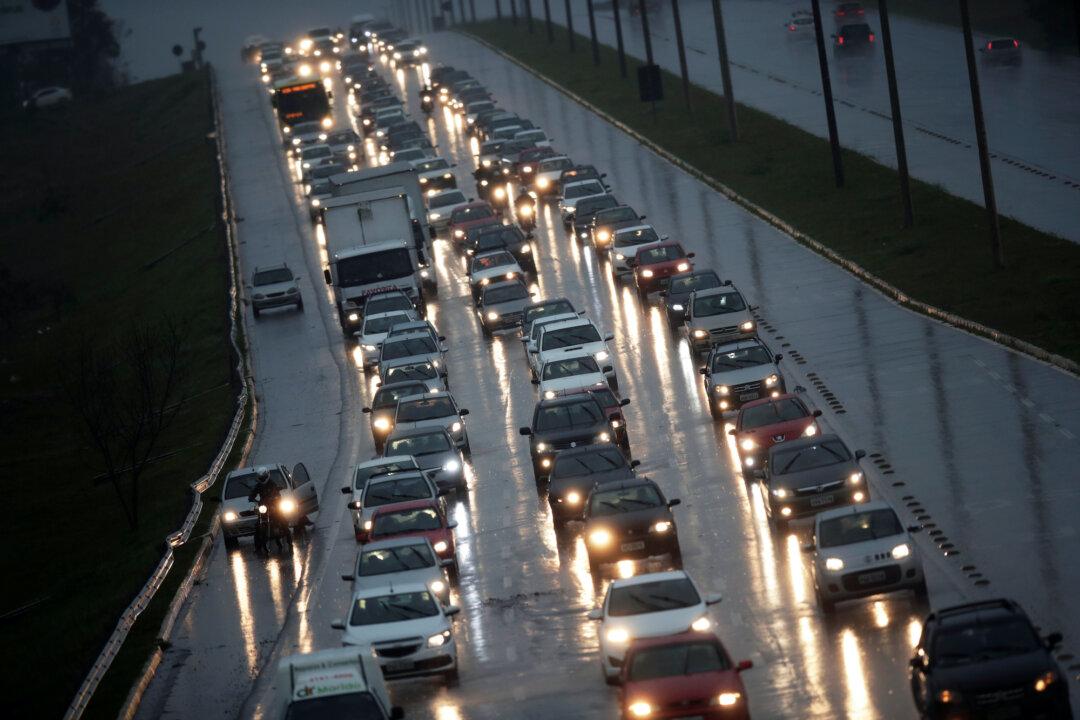MEXICO CITY/SAO PAULO—Automotive production in Brazil and Mexico, Latin America’s two largest economies, plummeted in September, dragged down by an industry-wide semiconductor chip shortage and railroad blockades in Mexico, data showed on Wednesday.
Brazilian auto production was down 21.3 percent to 173,287 units in September from the same month in 2020, when the industry was scrambling to resume production from a coronavirus-induced shutdown, Brazilian automakers association Anfavea said.





